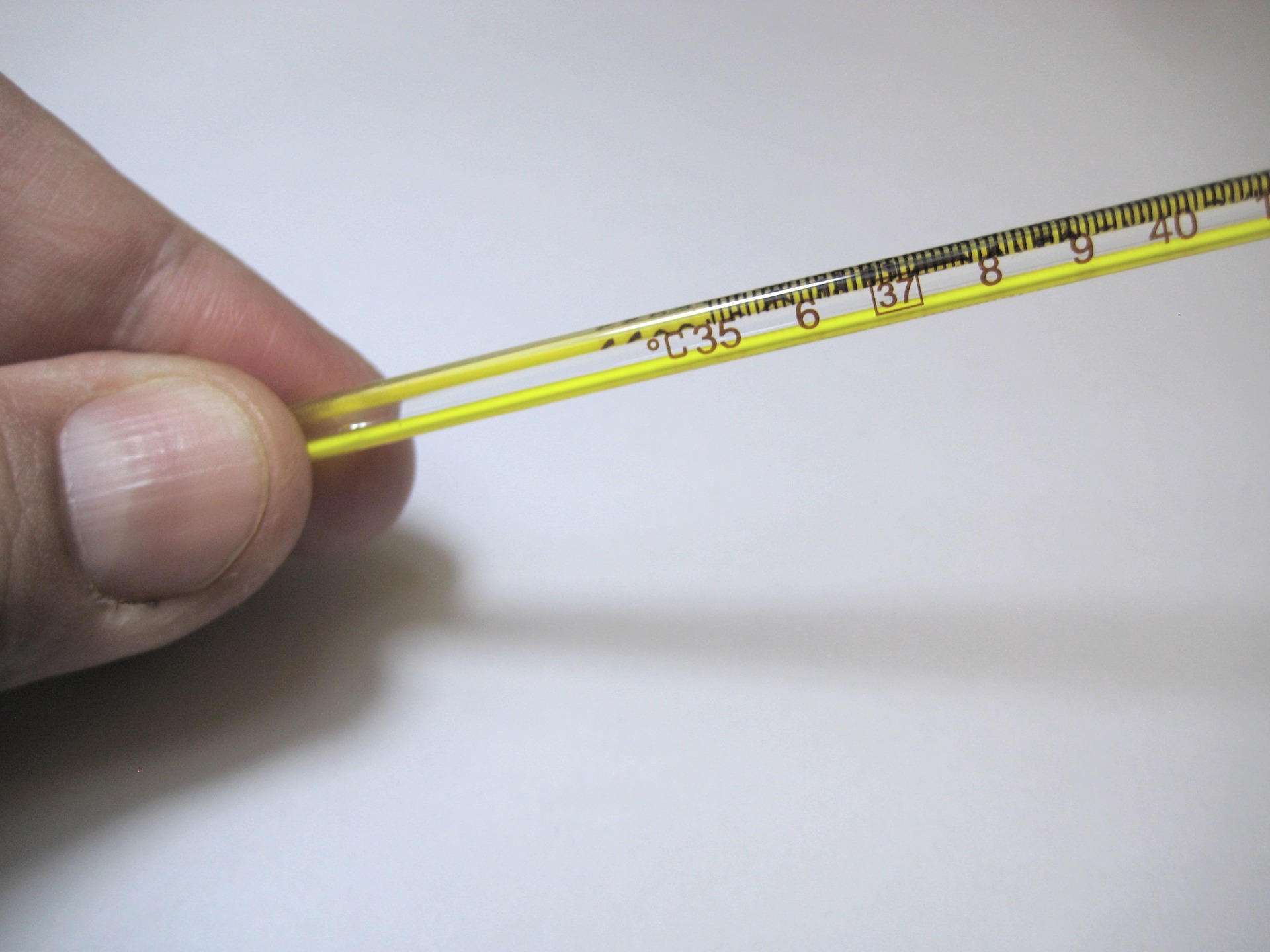Last week I wrote about how home fertility tests may not provide good information for someone seriously trying to conceive. Now it’s the same answer for the plethora of fertility apps that are coming on the market. They may be helpful for a woman who is just starting out and has no significant history like irregular cycles or PCOS.
One of the most popular is the Ava, a Fitbit-like device that’s worn on the wrist at night and uses sensors to identify the five fertile days in a woman’s monthly cycle to improve her odds of conception. The Ava bracelet collects data on nine parameters, including skin temperature, resting pulse rate, breathing, sleep movement, and stress levels, while the woman sleeps. Once the bracelet is synced to the person’s phone in the morning, Ava’s proprietary algorithm claims to achieve an 89 percent accuracy rate at detecting 5.3 fertile days each cycle, according to the company. But Ava isn’t for everyone. It’s limited to women with cycles between 24 and 35 days, and is not for those with PCOS, or polycystic ovary syndrome, who face hormone imbalances and highly irregular cycles.
And Ava has some competitors. Some are free apps, Glow, Clue, Period Tracker Lite, and Flo, which are generally period trackers that rely on a woman to input her cycle data, then estimate the fertile time based on a calendar or rhythm method. There are also fertility monitors, like Kindara/Wink and Daysy, that come with an app and thermometer. And there are a few wearables, like Bellabeat’s Leaf pendant, Duo Fertility’s sensor that’s worn under the arm, Yono’s in-ear sensor, and Tempdrop’s underarm sensor. One wearable, OvuSense, is worn like a tampon and measures temperature and other factors. Its readings are considered more accurate than those taken by external devices and can even predict ovulation days for people with PCOS. However, the device is more intrusive than wearing an Ava bracelet.
A big Ava perk is its wildly popular Facebook groups, where 25,000 registered Ava users ask questions, share experiences and encourage each other. Ava has its skeptics. On Reddit, some questioned Ava’s efficacy, given that it had been tested on only 41 women in its original trial. Then there’s Ava’s $249 price tag. Some critics noted that none of the fertility apps and devices have proven data that shows they significantly shorten the time it takes for a woman to become pregnant.
If you have been trying to conceive and have not been successful, you are probably beyond any help that a fertility app can offer. If you are a casual reproducer perhaps it will provide some helpful information.
